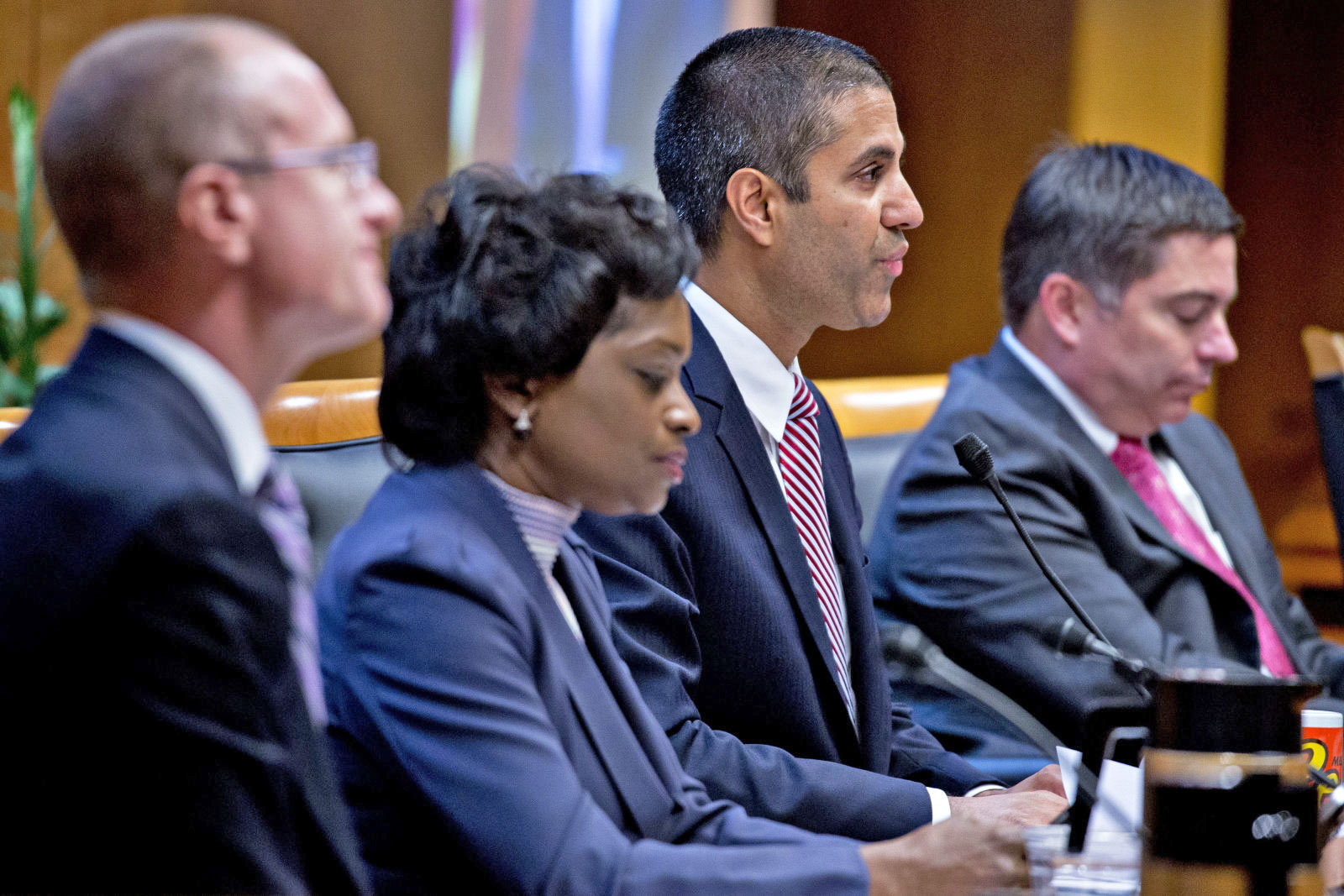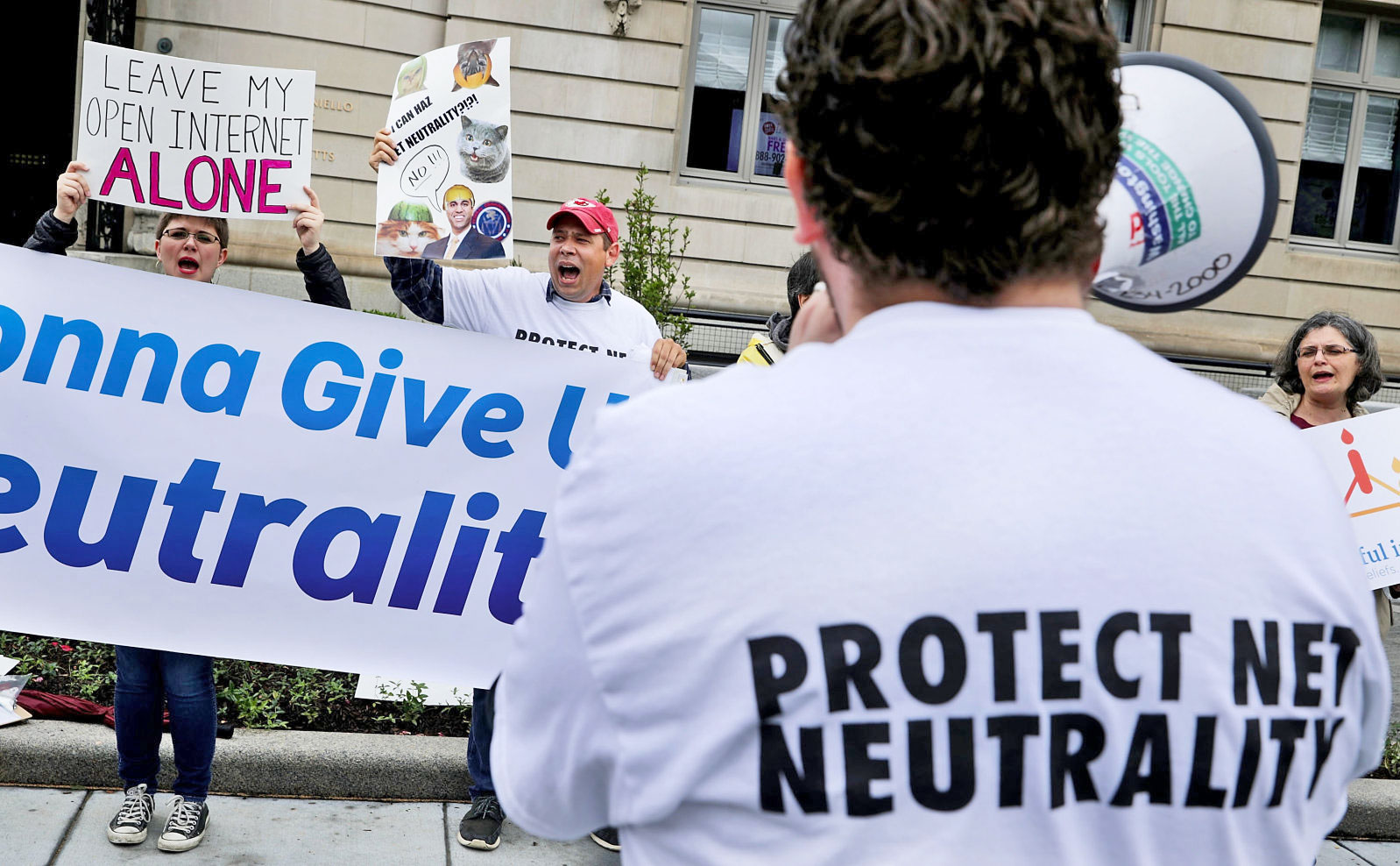
Cast your memory back to last summer. Sweep away memories of iPhone 5 leaks galore, and you might remember that the US Government Accountability Office (GAO) asked the FCC to reevaluate its radiation limits for mobile phones. Now a few seasons later, the FCC has finally wrapped up a report that responds to the GAO, and there are no changes to its RF radiation levels in sight because it feels comfortable with its current caps. "We continue to have confidence in the current exposure limits, and note that more recent international standards have a similar basis," reads the report. However, given that its guidelines were adopted in 1996, new research on radiation and the proliferation of mobile devices, the FCC would like some feedback regarding its restrictions. It's put out a call for comments from concerned parties and even federal health and safety bodies.
Though the freshly-released document didn't rock the proverbial boat, it made one change worth noting. The pinna (outer ear) is now classified an extremity, which means the FCC allows devices to hit the tissue with more radiation. Feel like poring through 201 pages of regulatory minutiae? Click the source link below for the commission's full dossier.
Filed under: Cellphones, Mobile
Comments
Via: The Verge
Source: FCC
 The Department of Defense will have to ramp up its cybersecurity efforts now that it's planning to spend $1.66 trillion to develop major weapons systems. According to a new report (PDF) by the Government Accountability Office, nearly all of Pentagon'...
The Department of Defense will have to ramp up its cybersecurity efforts now that it's planning to spend $1.66 trillion to develop major weapons systems. According to a new report (PDF) by the Government Accountability Office, nearly all of Pentagon'...
 The Department of Defense will have to ramp up its cybersecurity efforts now that it's planning to spend $1.66 trillion to develop major weapons systems. According to a new report (PDF) by the Government Accountability Office, nearly all of Pentagon'...
The Department of Defense will have to ramp up its cybersecurity efforts now that it's planning to spend $1.66 trillion to develop major weapons systems. According to a new report (PDF) by the Government Accountability Office, nearly all of Pentagon'...
 In December, a number of US Representatives sent a letter to the Government Accountability Office (GAO) asking it to investigate fraudulent comments submitted to the FCC's proposal to repeal net neutrality. Multiple groups found evidence that million...
In December, a number of US Representatives sent a letter to the Government Accountability Office (GAO) asking it to investigate fraudulent comments submitted to the FCC's proposal to repeal net neutrality. Multiple groups found evidence that million...
 The Internet Association, whose members include Amazon, Netflix and Uber, sent a letter to the FCC today requesting that the commission either delay its upcoming vote on the proposal to remove net neutrality protections or vote against it, Reuters re...
The Internet Association, whose members include Amazon, Netflix and Uber, sent a letter to the FCC today requesting that the commission either delay its upcoming vote on the proposal to remove net neutrality protections or vote against it, Reuters re...
 In light of the Equifax breach that exposed personal information of over 143 million US citizens, a handful of senators have reintroduced legislation that would put more power in the hands of consumers when it comes to their credit reports. Senators...
In light of the Equifax breach that exposed personal information of over 143 million US citizens, a handful of senators have reintroduced legislation that would put more power in the hands of consumers when it comes to their credit reports. Senators...
 SpaceX's Falcon 9 rockets apparently have a serious issue that could delay the company's manned missions. According to the Wall Street Journal, the Government Accountability Office investigated both Boeing and SpaceX -- the corporations that won NASA...
SpaceX's Falcon 9 rockets apparently have a serious issue that could delay the company's manned missions. According to the Wall Street Journal, the Government Accountability Office investigated both Boeing and SpaceX -- the corporations that won NASA...
 Health insurance websites in California, Kentucky and Vermont apparently aren't as secure as they should be. According to the Associated Press, based on the vulnerabilities found by the Government Accountability Office, other states' health care webs...
Health insurance websites in California, Kentucky and Vermont apparently aren't as secure as they should be. According to the Associated Press, based on the vulnerabilities found by the Government Accountability Office, other states' health care webs...
 According to a US Government Accountability Office (GAO) report, as many as 70 percent of rail operators won't meet the end of the year deadline for safety controls. Operators are legally required to install positive train control (PTC) systems tha...
According to a US Government Accountability Office (GAO) report, as many as 70 percent of rail operators won't meet the end of the year deadline for safety controls. Operators are legally required to install positive train control (PTC) systems tha...
